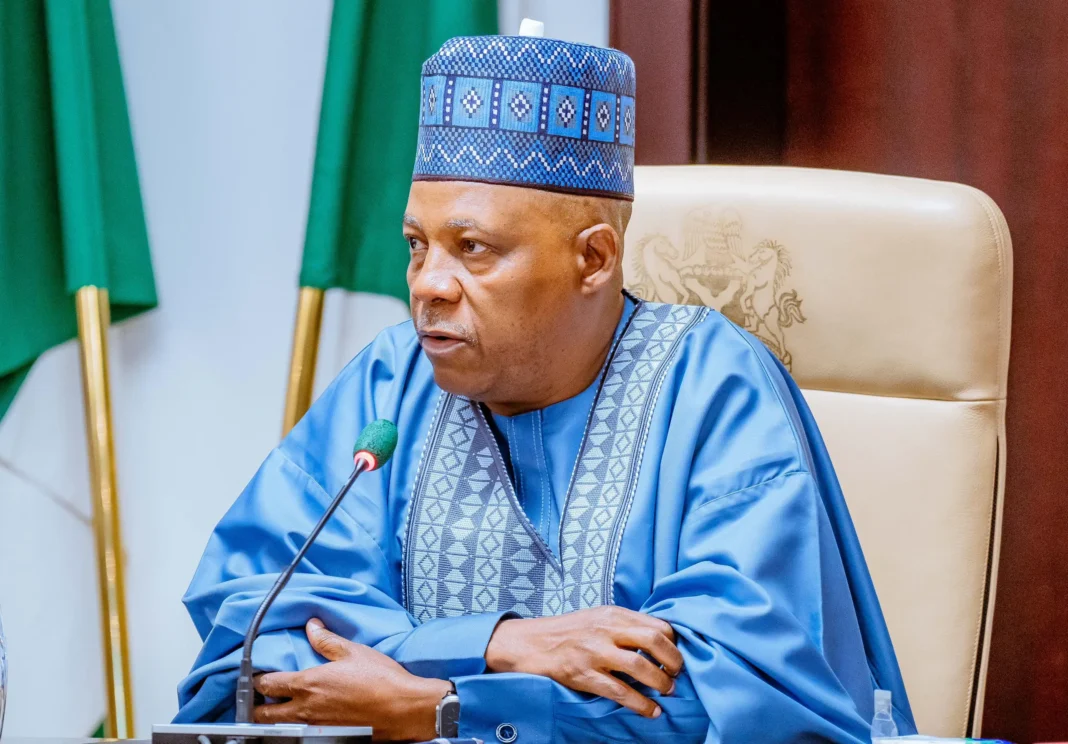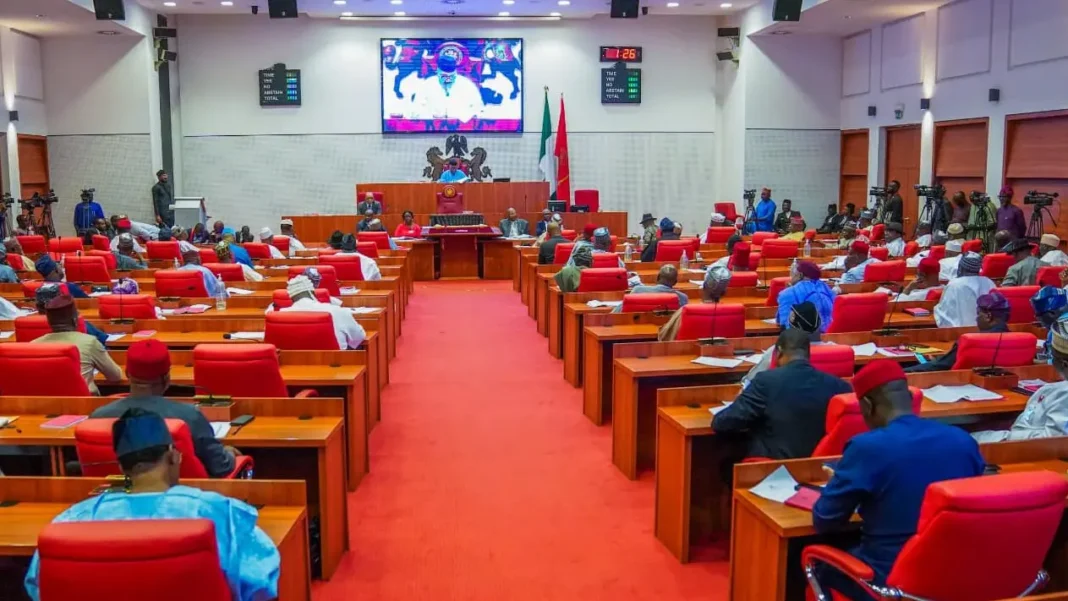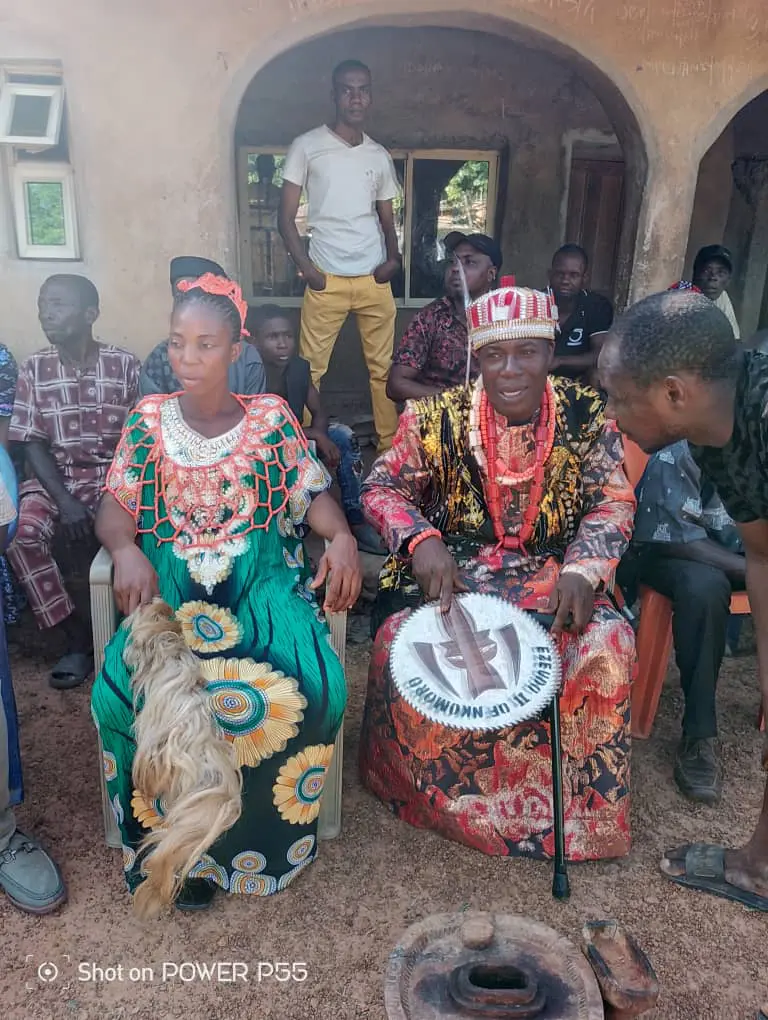The National Economic Council, NEC, on Thursday resolved to reinforce implementation of the National Electrification Strategy.
The move is aimed at ending the collapse of the nation’s power grid.
Vice President Kashim Shettima, who doubles as chairman of NEC, told members of the council that access to energy is a fundamental right and not a privilege because electricity is the oxygen of economic growth.
Accordingly, the council has constituted a committee on national electrification to help address the challenges in the power sector.
The formation of the committee was among decisions taken by NEC at the end of its 146th meeting on Thursday chaired by Vice President Kashim Shettima at the Council Chambers of the Presidential Villa, Abuja.
The committee headed by Cross River State Governor, Bassey Otu, is to work towards deepening states’ engagements within the Electricity Reform Act 2023 and the National Electrification Strategy and Implementation Plan.
Following a presentation by the Managing Director of the Rural Electrification Agency, REA, NEC observed that Nigeria needs a reformed and diversified electricity system, noting that by empowering states, accessibility and affordability of electricity can be enabled, ensuring that all regions effectively meet their specific energy needs.
Members of the committee include governors Dikko Radda of Katsina, Inuwa Yahaya of Gombe, Ademola Adeleke of Osun, Hope Uzodinma of Imo, and Caleb Mutfwang of Plateau.
Others are ministers of Finance, Mr Wale Edun; Budget and Economic Planning, Sen. Atiku Bagudu; Power, Mr Adebayo Adelabu; Special Adviser to the President on NEC and Climate Change; Special Adviser to the President on Power; Managing Director, Rural Electrification Agency, REA, and Managing Director, Niger Delta Power Holding Company.
Earlier in his address, Vice President Shettima maintained that access to energy is a fundamental right and not a privilege because electricity is the oxygen of economic growth.
He outlined issues before the council that require urgent attention, including energy infrastructure, human capital development, creative industries, fiscal strategy, industrial innovation, and long-term development planning, which he described as foundational to the transformation Nigeria needs.
VP Shettima explained that it is for this that experts and stakeholders from some of the critical sectors have been invited to share their insights and contributions.
He stated: “The past few months of collapses in our national power grid compel us to reinforce the pace with which we are adopting and implementing the National Electrification Strategy. Energy access is a fundamental right, not a privilege. It is the oxygen of economic growth.
“Our blueprints must, therefore, strive to expand access, empower rural communities, and drive productivity, especially for MSMEs. I hope that our discussions today will inspire solutions to light up homes, power businesses, and fuel Nigeria’s industrial future.
“Whatever path we agree upon, it is clear that a private-sector-led distributed renewable energy generation approach is essential to increasing electricity access for households and small enterprises alike.”
The Vice President also urged the council to take Nigeria’s creative industry seriously, saying it presents an avenue to redefine the nation’s economic trajectory.
According to him, “New technologies have not only amplified the global appeal of our arts, crafts, and culture but also opened up revenue streams and job opportunities for Nigerians.
“Our music, films, art, and cultural heritage are not just global symbols of Nigeria’s soft power but also vital engines of economic growth. We cannot afford to relegate the promise of turning creativity into wealth, empowering our youth, and positioning Nigeria as a hub of innovation and cultural excellence,” he added.
Endless grid collapse tops deliberations at Shettima-chaired NEC


